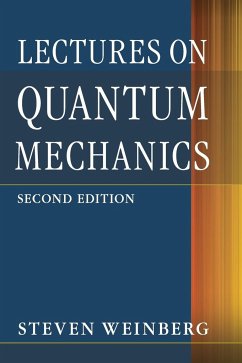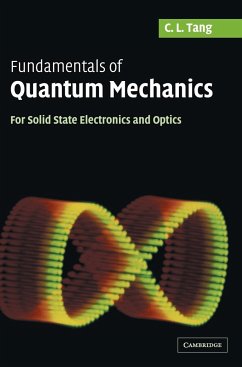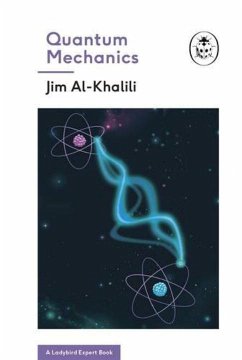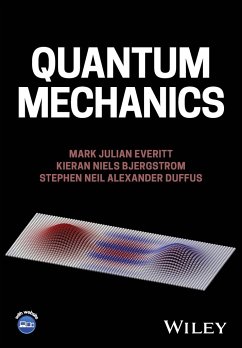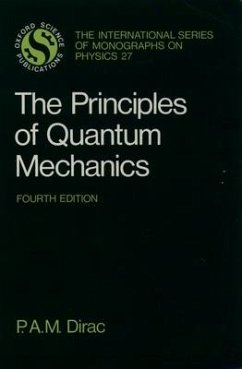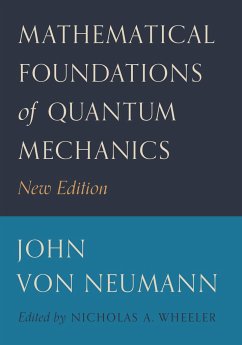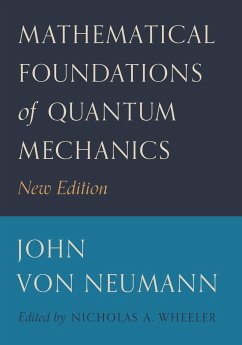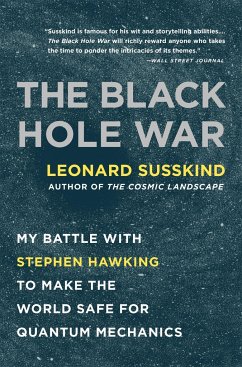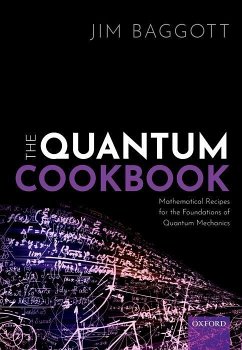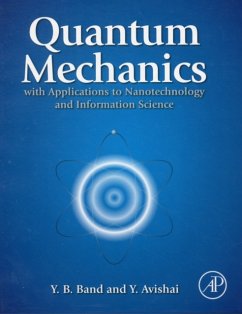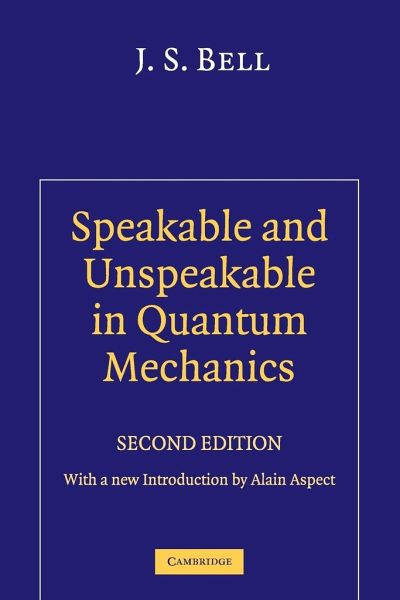
Speakable and Unspeakable in Quantum Mechanics
Versandkostenfrei!
Versandfertig in 1-2 Wochen
71,99 €
inkl. MwSt.
Weitere Ausgaben:

PAYBACK Punkte
36 °P sammeln!
John Bell, FRS was one of the leading expositors and interpreters of modern quantum theory. He is particularly famous for his discovery of the crucial difference between the predictions of conventional quantum mechanics and the implications of local causality, a concept insisted on by Einstein. John Bell's work played a major role in the development of our current understanding of the profound nature of quantum concepts and of the fundamental limitations they impose on the applicability of the classical ideas of space, time and locality. This book includes all of John Bell's published and unpublished papers on the conceptual and philosophical problems of quantum mechanics, including two papers that appeared after the first edition was published. The book includes a short Preface written by the author for the first edition, and also an introduction by Alain Aspect that puts into context John Bell's enormous contribution to the quantum philosophy debate.





